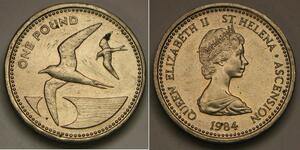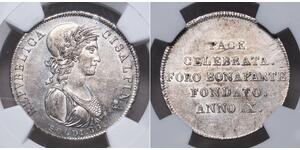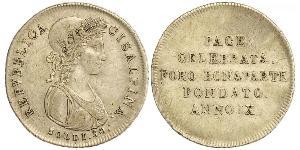(Vendue pour $89.0)
1742, Hamburg (Free City). Silver Memorial Medal for Rutger Rulant (Consul). R!
Mint Year: 1742
Reference: Gaedechens 1832.
Condition: A few scratches in reverse fields, otherwise a nicely toned XF-AU!
Denomination: Memorail Medal, struck for the death of Rutger Rulant (Consul)
Diameter: 32mm
Material: Silver
Weight: 7.35gm
Obverse: Coat-of-arms of the deceased consul, topped by plummbed helmet adorned with an armored figure of a noble with a sword.
Legend: RUTGER RULANT I*U*D* REIP* HAMBURG* CONSUL*/ NAT*22 IAN*1665* SENT*13 SEPT*1719* CONS*II FEBR*1728
Reverse: A vine-tree is being picked by a heavenly hand, which is stretching from a cloud (allegoric for the transition of the Consul into heavans, by a divine force).
Legend: COLLIGIT MATURAS*/ DENAT*22 NOV*/ 1742
In 1189 by Frederick I "Barbarossa" granted Hamburg the status of an Imperial Free City and tax-free access up the Lower Elbe into the North Sea. In 1265, a putative forged letter was presented to or by the Rath of Hamburg. This charter, along with Hamburg's proximity to the main trade routes of the North Sea and Baltic Sea, quickly made it a major port in Northern Europe. Its trade alliance with Lübeck in 1241 marks the origin and core of the powerful Hanseatic League of trading cities. On November 8, 1266 a contract between Henry III and Hamburg's traders allowed them to establish a hanse in London. This was the first time in history the word hanse was mentioned for the trading guild Hanseatic League. The first description of civil, criminal and procedural law for a city in Germany in German language, the Ordeelbook (Ordeel: sentence) was written by the solicitor of the senate Jordan von Boitzenburg in 1270. On August 10, 1410 civil commotion caused a compromise (German:Rezeß, literally meaning: withdrawal). It is the considered as the first constitution of Hamburg.
1 Pound Île Sainte-Hélène (1981 - ) / Île de l'Ascension Arg ...
Le groupe a 5 pièces / 2 prix
⇑
30 Soldo Italie
Le groupe a 14 pièces / 13 prix
⇑

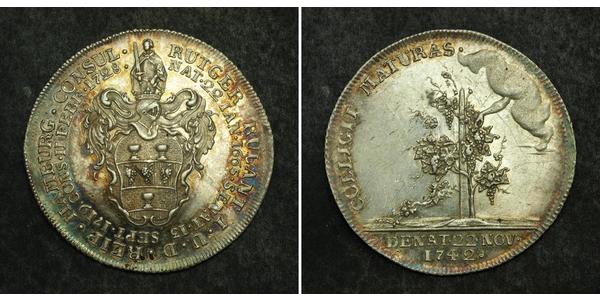






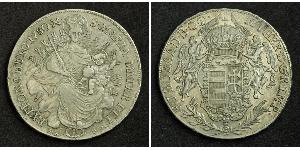
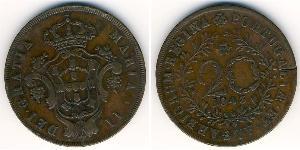

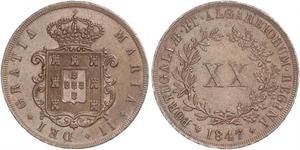




_Île_de_lAscension-300-150-KtDBwcI0XgEAAAEoWKP7lK.O.jpg)
